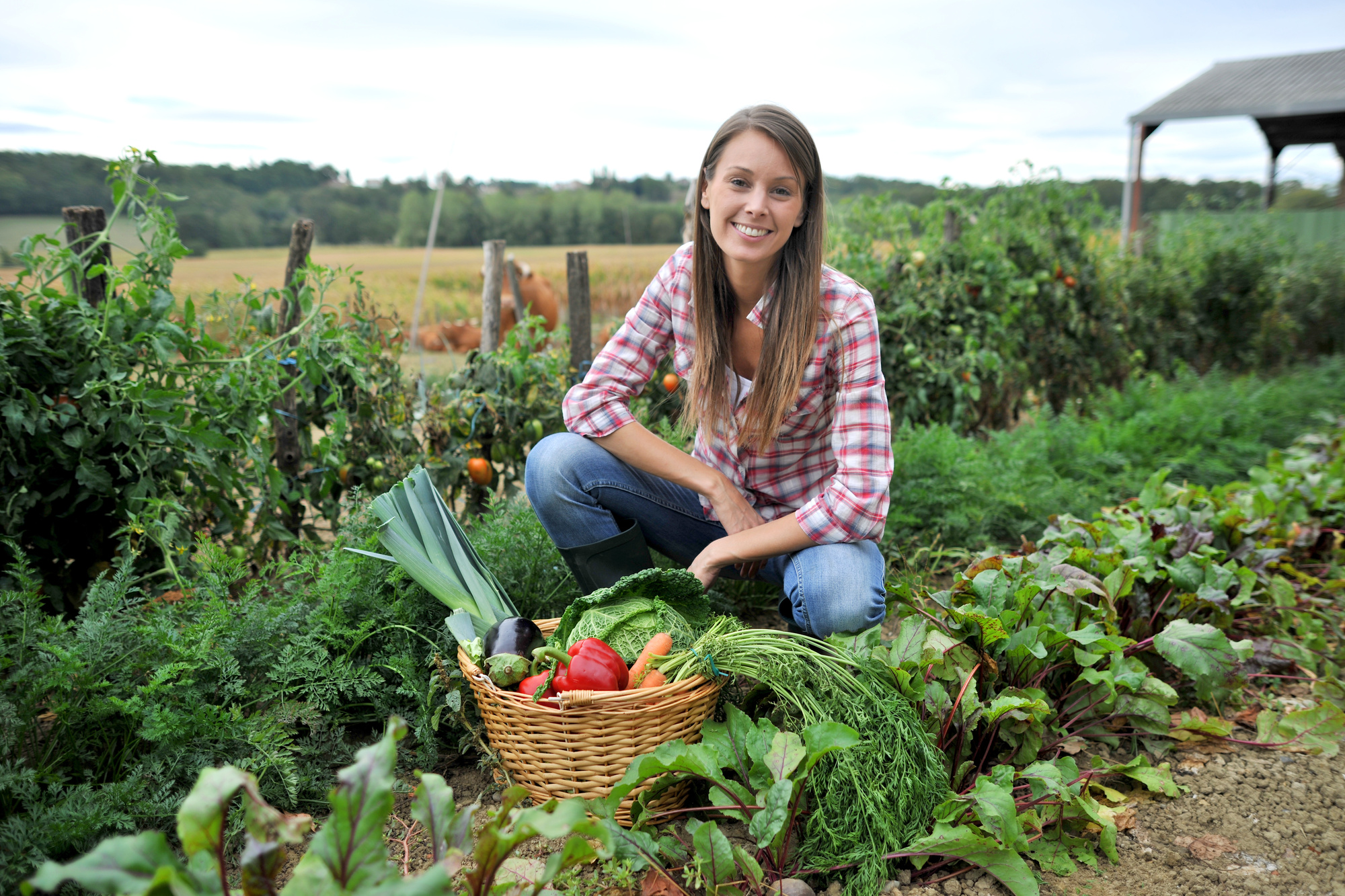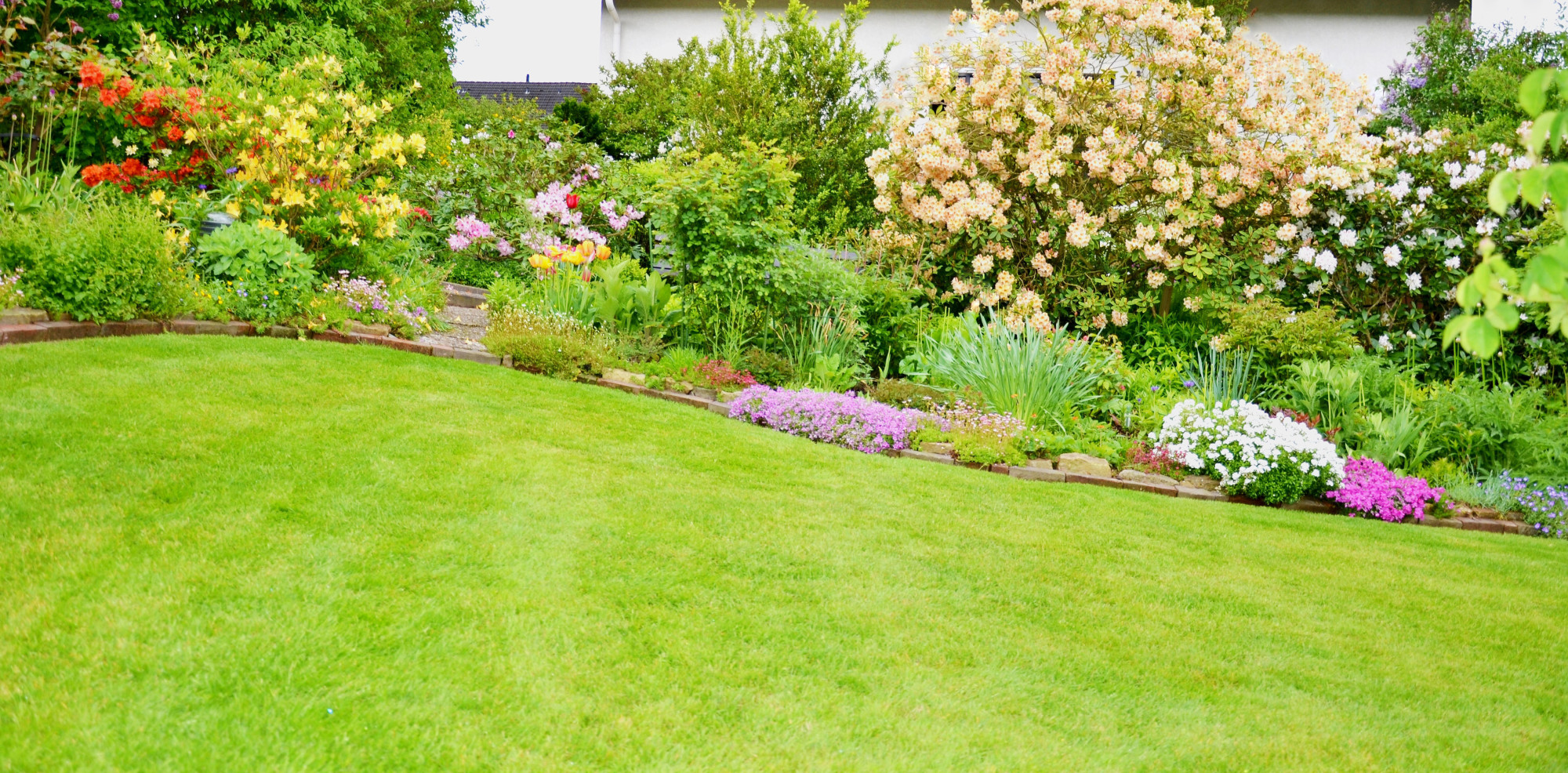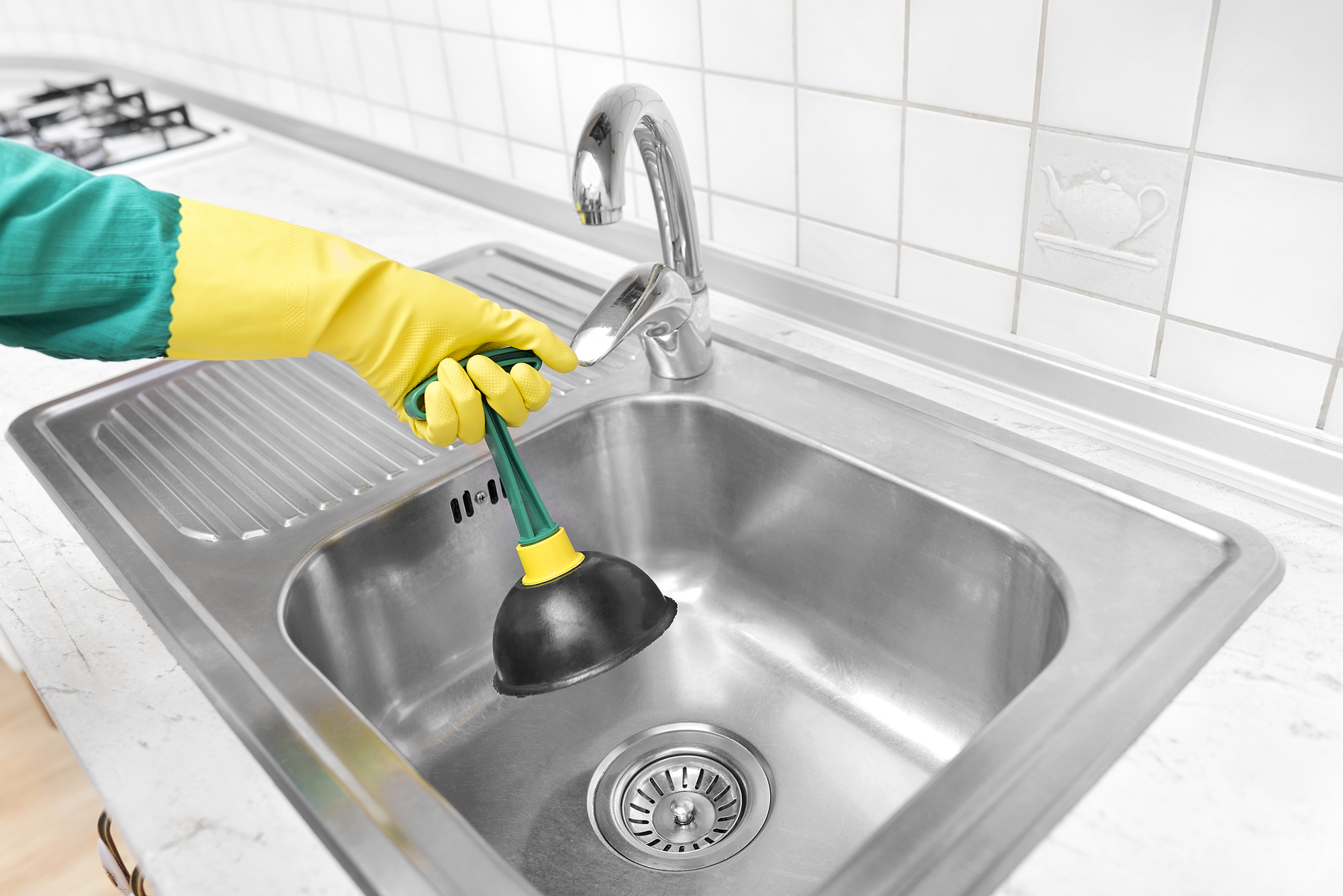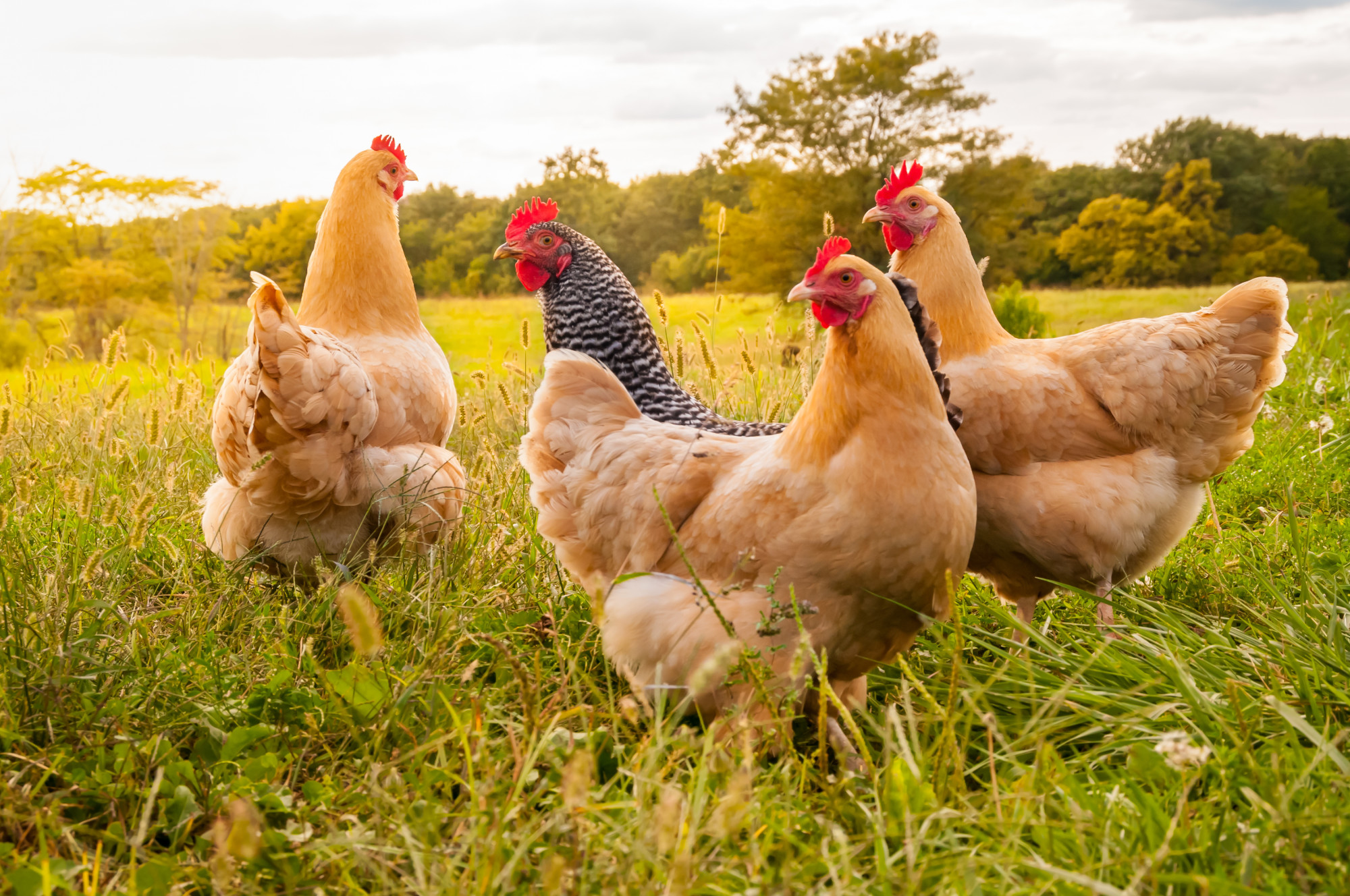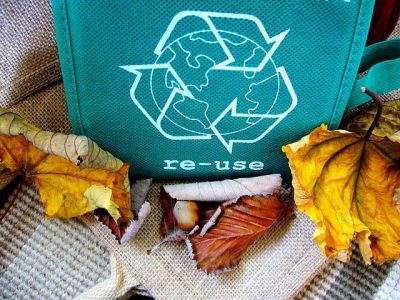There are a number of benefits to eating organically.
These include reduced chemicals and carcinogens (cancer-causing agents) in your food. Eating organic foods can also mean that you’re getting more antioxidants and fewer hormones and antibiotics.
But let’s face it. The organic aisle at your local grocer isn’t necessarily…cheap.
In fact, this is one of the main reasons that consumers steer clear of organics. It’s simply less expensive to buy non-organic.
Why not start your own organic garden? From your backyard garden to your table, read on to learn more about organic gardening for beginners.
Start with Small Steps
So, you’ve decided to start an organic garden? Don’t overwhelm yourself by digging up half your hard and buying a dozen tomato seed varieties.
Instead, start small. Choose two or three plans to focus on this season. If things go well, you can increase the size of your garden next season.
Give yourself time to learn about things like soil and compost mix, the right amounts of sunshine and water, and pest control.
Reuse & Recycle “Waste” in a Compost Pile
This is one of the easiest starting points for anyone interested in growing organic.
Rather than loading soil with artificial (and poisonous) chemicals and fertilizers, you can use your own household waste items. These might include:
- Food and vegetable scraps
- Coffee grounds
- Yard clippings
- Shredded newspaper
It’s easy to make your own compost bin. The compost can then be mixed into the soil to create a fertile growing ground for your garden.
Speaking of Bugs…
Since you don’t want to spray your organic garden with any chemicals, there are other natural options to keep the bugs and pests at bay.
A number of natural pesticide “recipes” include garlic, lemon, vinegar, or pureed peppers.
Research these carefully to ensure that you’re using the right ingredients for your type of plant or vegetable.
Trimming & Pruning
It’s tough to trim back your growing plants. But trust us–it’s worth it in the long run.
This is one of the most important things about organic gardening for beginners. It allows more energy and growth to go into your fruits and vegetables.
Let’s say you’re growing an organic peach tree. Early in the season, you’ll see a number of small peaches forming from the flower buds. Pluck off a number of them and toss them into your compost pile.
This will allow the remaining peaches to grow bigger, fuller, and sweeter.
Organic Gardening for Beginners Is Easy and Fun
Gardening is an enriching and rewarding effort.
Can you imagine how you’ll feel as you slice up a juicy tomato that you grew in your own garden, free of harmful chemicals? You’ll feel a sense of pride knowing that your own efforts are keeping you healthy and saving you money.
Of course, organic gardening is just one part of living green. For more tips on going green and helpful ideas for organic gardening, we encourage you to explore our website.
Your environment and your health will thank you!

